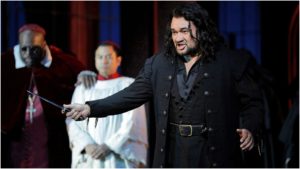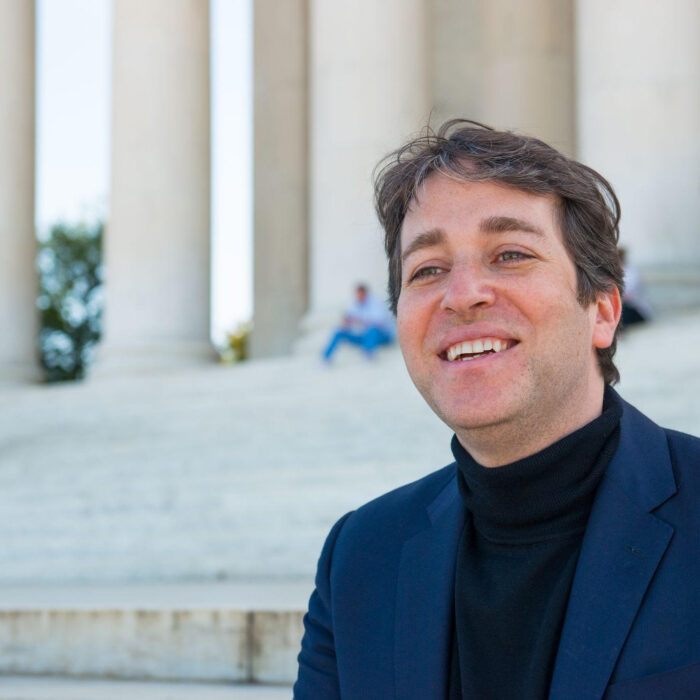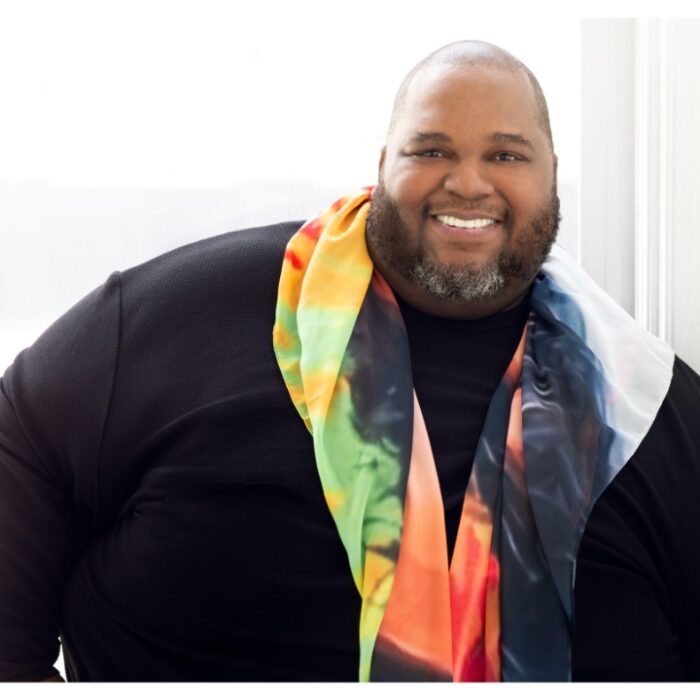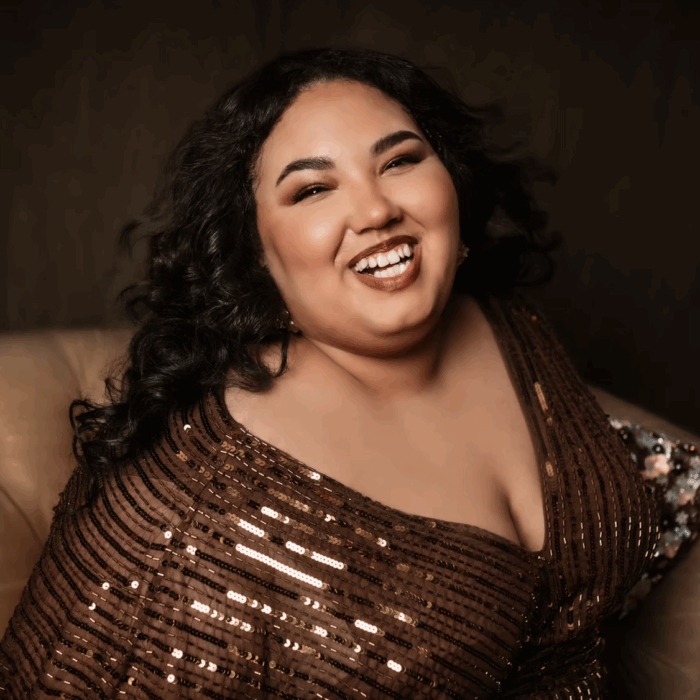
Q & A: Tenor Ramón Vargas On ‘Don Carlo,’ Working With Plácido Domingo & Why Verdi Was a Genius
By David SalazarMexican tenor Ramón Vargas is no stranger to Verdi’s “Don Carlo.” The Mexican tenor, who takes on the role at the Los Angeles Opera for the first time this season on Saturday, Sept. 21, 2018, has performed the role all around the world. He has appeared as the Spanish prince in Vienna, in Munich, and in Zurich, among other cities. Moreover, he has interpreted the opera in both Italian and French, famously singing the original version that Verdi composed for the Opéra de Paris.
Singing the opera in Los Angeles is his latest undertaking of a work that he knows so well. OperaWire spoke to Vargas right before opening night to get a sense of the process and his evolution in the role.
OperaWire: You’ve interpreted the character of Don Carlo many times. How has the character evolved for you?
Ramón Vargas: So much has changed. Characters that I interpret in operas are like books I’ve read. Sometimes, when you’re young, you read a book and then when you’re older you go back to it and realize that it is completely different from what you remembered the first time around. Sometimes you’ll understand it better. Or in some cases, you realize that it’s not as good now as when you read it years ago.
So the same goes for opera characters. Don Carlo is a very complex character and the opera itself has so many layers. For me, Don Carlo is a young man with a ton of frustrations. His father dominates him. It’s a story about how Don Carlo goes from an insecure young man to become a hero. He becomes a man ready to fight for his political and moral ideals, even if it means giving up his love. That’s what I want to show. The opera itself is so complex. You can look at it from so many angles. You can look at it from the angle of father versus son. It has two love triangles. We also see the corrupt power of the church. We see the great friendship between Rodrigo and Don Carlo. There is just so much going on.
OW: For many, “Don Carlo” remains one of the greatest operas ever written and it is among the most often performed of Verdi’s works. In your opinion, what makes Verdi’s “Don Carlo” relevant to this day?
RV: For me, the most important thing about operas, especially those of Verdi, is that despite their historical context, they still relate to modern themes. This is the case with “Don Carlo” which has modern intergenerational themes. The other day I was talking to a friend who was talking to me about how he and his son are struggling to get along. This is something we see in every generation. We also see the corrupt of church and state, which is a problem we see everywhere these days. Even the love triangle and problems of romance are modern issues people deal with more than ever now. I think that “Don Carlo” is perfectly placed in its historical context, but its emotions and themes are modern.
OW: You have performed a number of versions of this opera. You even sang the original French version in Vienna a few years ago. Dramatically and musically, which is most compelling to you?
RV: I always like to do the Act five version because the first act tells you the story of Carlo and Elisabetta. We learn why they love each other. In the four-act version, we are only told about it. Carlo tells us how he lost Elisabetta, but we never see. So it becomes descriptive, but not emotional for the viewer. Regardless, “Don Carlo” is a masterpiece. He originally conceived it as a Grand Opera with ballet. Unfortunately, it is just too long for audiences, so he revised it. But the revision remains unsatisfactory because we lose the first act.
OW: As a singer, which version is more comfortable – the French or Italian version?
RV: I actually like it more in French. It has more nuance in its original language. There are moments where the Italian language doesn’t quite work with the music because even Verdi with all his genius could not translate the music from French to Italian. Sometimes the accents don’t work for the singer. And for me, the French Don Carlo is nobler. There is more sentiment. In Italian, he becomes too heroic sometimes and for me, Carlo is not a hero but a victim. He becomes a hero by the end of the opera, but the French version paints him better as a man with insecurity suffering from terrible circumstances.
OW: In this production, you will perform alongside Plácido Domingo & Ana María Martínez. What has been the experience of working with them so far?
RV: Placido Domingo is a legend. You always learn from working with him. His musical and dramatic abilities are so great and it is a privilege to sing with him. Anna Maria is so wonderful. I know her from her days when she was studying in Houston. I used to sing there a lot and that’s where we met. She’s an incredible artist that has developed so beautifully over the years. It’s amazing to work with her.
OW: Of the Verdi operas you have sung, which one do you enjoy most?
RV: I enjoy “Un Ballo in Maschera” most. Riccardo or Gustavo, depending on the version, is such a great character. He is a King who falls in love with his best friend’s wife and winds up paying for his mistake. He is a noble man who makes a mistake but learns to correct those mistakes. It’s very human. We all make mistakes and sometimes they are very costly.
OW: How is singing Verdi different from other composers?
RV: Verdi is one of a kind. All of his characters reflect on their actions. It’s something that we don’t find in Puccini. Puccini’s music is glorious, but his characters are more irrational. Their motives are always fueled by emotions. Verdi’s are more intellectual. If a Verdi hero is asked to choose between love and moral values, he picks his moral values. Look at Ernani. If he is asked to look out for himself or the good of his people or country, he picks his country. Even his villains reflect. Look at Iago. He asks why he is evil and his response is that God created him that way. He needed to be evil so there could be good. This intellectual discourse is in every Verdi opera.
OW: What are some dream roles that you would still like to take on at this point in your career?
RV: Wagner’s “Lohengrin.” That would be my dream role at this point in my career.


